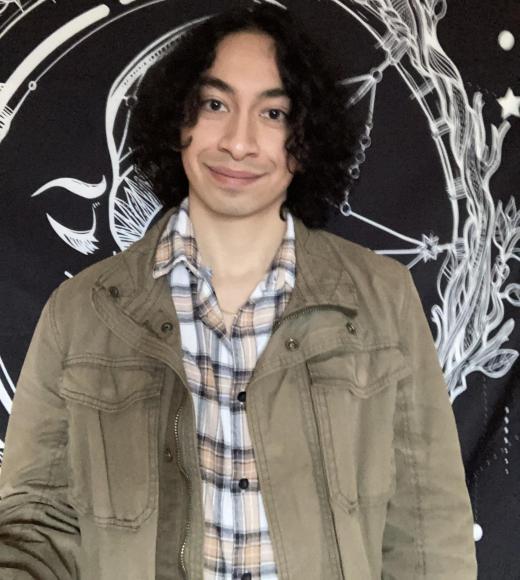
Position Title
Graduate Student
- Neuroscience Graduate Group
- Major Professor: Steven J. Luck
Research Description
Carlos is investigating the interplay between memory and decision-making processes using scalp electroencephalography (EEG) to gain neural insight into the processes by which an organism links an outcome (e.g., a reward) with a past action that was responsible for producing that outcome. Traditional theories of the neurobiology of reinforcement learning cannot easily explain how an action can be strengthened via reinforcement if the action and reinforcer are separated in time. Carlos is testing a new model in which the outcome produces a reactivation of the neural activity associated with the original response, allowing the response to be strengthened via Hebbian learning. To test this hypothesis, Carlos and his mentors have designed an experiment that uses scalp EEG recordings to observe the reinstatement of the choice-related activity following the outcome stimulus. This experiment requires state-of-the-art methods, and Carlos has been conducting two simpler projects to prepare himself. In one project, he is conducting a quantitative comparison of 3 different analysis methods—decoding accuracy, decoding sensitivity, and traditional univariate amplitude—on a large EEG dataset. This project is nearly complete. Carlos will also be a co-author on a related paper using simulated data to examine the same questions. In the second preparatory project, Carlos is using EEG decoding methods to determine whether improbable stimuli are preferentially encoded into working memory
- Initiative for Maximizing Student Development (IMSD) Fellowship (NIH-IMSD T32) 2018-2019
- Learning, Memory and Plasticity (LaMP) T32 - 2019-2020